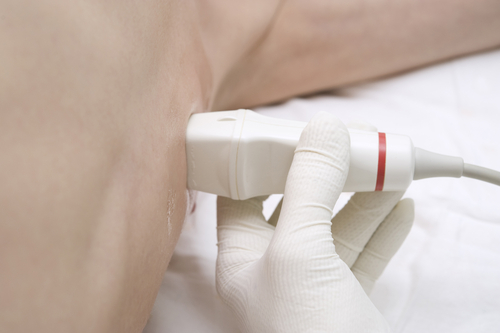The Society and College of Radiographers (SCoR) receives enquiries from sonographer members as to whether they need to be registered with the Health and Care Professions Council (HCPC) if they are solely performing ultrasound examinations.
The sonographer will often have trained originally as a radiographer, but this is also relevant to those members who trained, for example, as a nurse or midwife and are registered with the Nursing and Midwifery Council (NMC).
The SCoR expects those members who are able to register with the HCPC, or other regulatory body such as the NMC, to do so. It accepts, however, that ‘sonographer’ is not yet a statutorily regulated protected title and that statutory registration is impossible for some sonographers to achieve. This may be due to their original professional background, or the fact that they were direct entrants to sonography training either overseas or in the UK.
The rationale for this is as follows:
- Registration provides added protection to the public. Registrants must meet the published standards, abide by a code of conduct and ethics and participate in personal continuous professional development.
- Many employers require sonographers to be registered if it is possible for them to be so and maintaining registration is often written into contracts.
- If a sonographer allows their registration to lapse and they later need to re-register (for example, if they move employers and the new employer requires registration) they will have to follow the procedures set out by the HCPC or other relevant regulatory body to achieve this.
- Sonographers can refer patients directly for examinations such as CT scanning or other investigations using ionising radiation. Following amendments to the ionising radiation legislation in 2006, this is legal only if the sonographer is a registered healthcare practitioner with a regulatory body such as the HCPC or NMC.
- To work in accordance with Patient Group Directions for the supply and administration of medicines, sonographers must be statutorily registered (as a radiographer, nurse, midwife or physiotherapist). Depending on their professional background, some sonographers are training to become, or already are supplementary or independent prescribers. Statutory registration is a requirement.
- Many other groups aspire to achieve statutory regulation as recognition of their professionalism as well as to further protect the public, but have had this refused. Sonographers who hold a registerable qualification have already achieved this recognition and should carefully consider whether it is in their best interests to allow it to lapse.
The Society and College of Radiographers will continue to support the case for the statutory registration of sonographers, as has been its policy for many years.
Health Education England will be submitting an application to the Department of Health to re-make the case for statutory registration in early 2018. Information about current government policy is on the HCPC website. Sonographers had been previously recommended for statutory registration by the HCPC in 2009 but this did not progress.
Statutory registration is likely to become desirable or a requirement for advanced practice and consultant posts.
The Public Voluntary Register of Sonographers
Sonographers and HCPC registration renewal/CPD audit Includes frequently asked questions.
